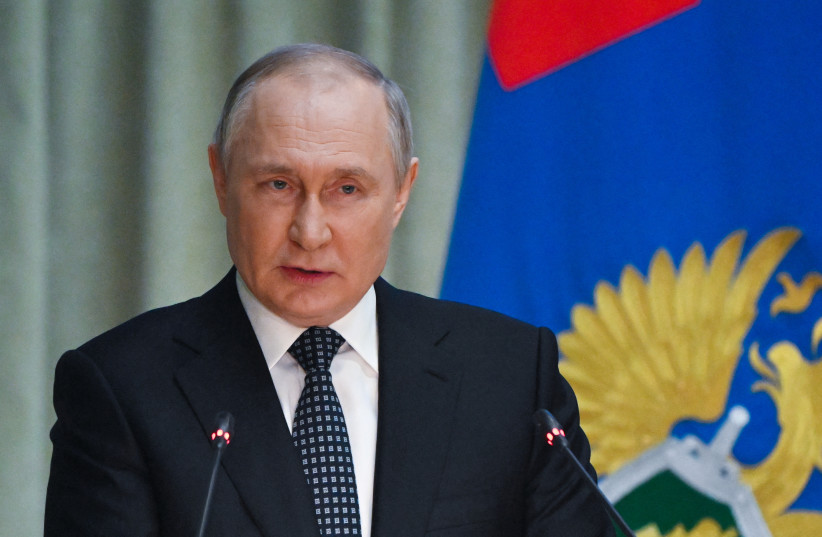Russia said on Wednesday it would continue to make the case to the international community that it believed Ukraine intended to detonate a "dirty bomb" with radioactive contaminants.
Kyiv and its Western allies have not only rejected Russia's allegation but also voiced concern that Moscow is using it as a pretext for a further escalation of the conflict in Ukraine.
President Vladimir Putin told a meeting of intelligence officials from the CIS group of ex-Soviet countries that the West was "pumping" Ukraine with heavy weapons, adding: "There are also plans to use a so-called 'dirty bomb' for provocations."
Kremlin spokesman Dmitry Peskov had earlier told reporters: "We have information that suggests Ukraine is preparing for such a terrorist sabotage, and we will vigorously continue to convey our point of view to the world community in order to encourage them to take active steps to prevent such irresponsible behavior."
Russian Defence Minister Sergei Shoigu made calls to his Indian and Chinese counterparts on Wednesday to convey Moscow's warning, following on from a series of calls earlier in the week with NATO defense ministers.

The international response to the Russian allegations
Moscow also took its accusation to the United Nations Security Council on Tuesday, voicing its concerns during a closed-door meeting.
Russia has not made public the evidence that it asserts it has, but says it has prepared its troops to work under conditions of nuclear contamination.
Its deputy UN ambassador, Dmitry Polyansky, told reporters after the Council meeting that it had passed intelligence information to Western counterparts with the "necessary level of clearance."
Britain's Deputy UN Ambassador, James Kariuki, called the allegations "pure Russian misinformation of the kind we've seen many times before."
